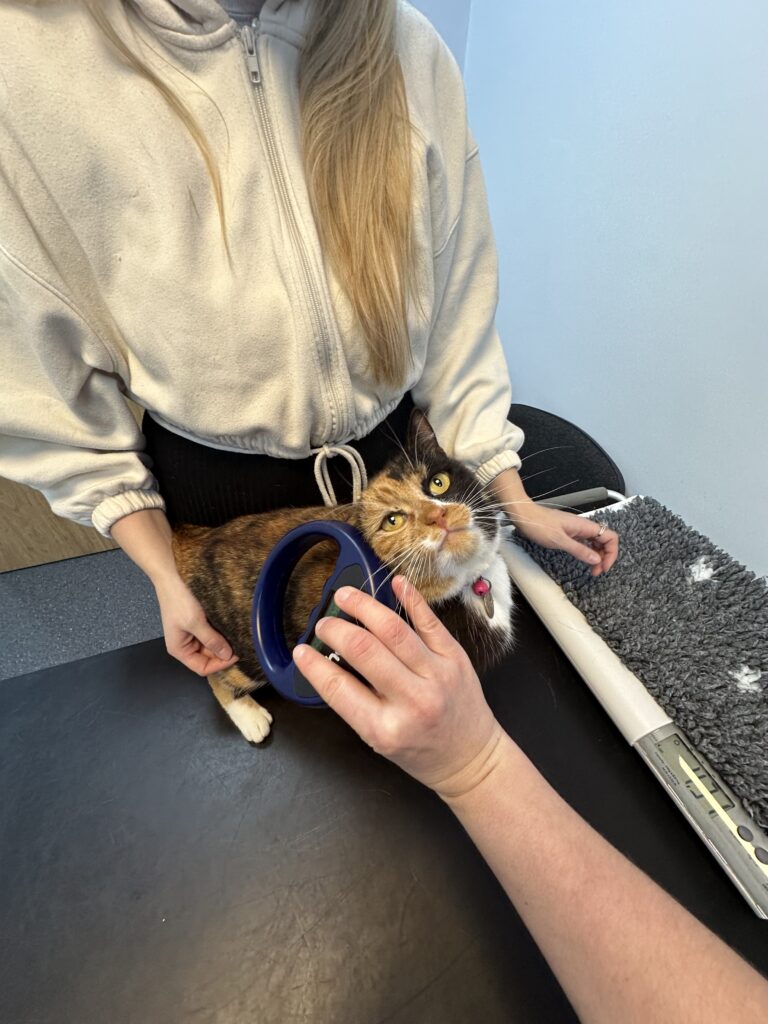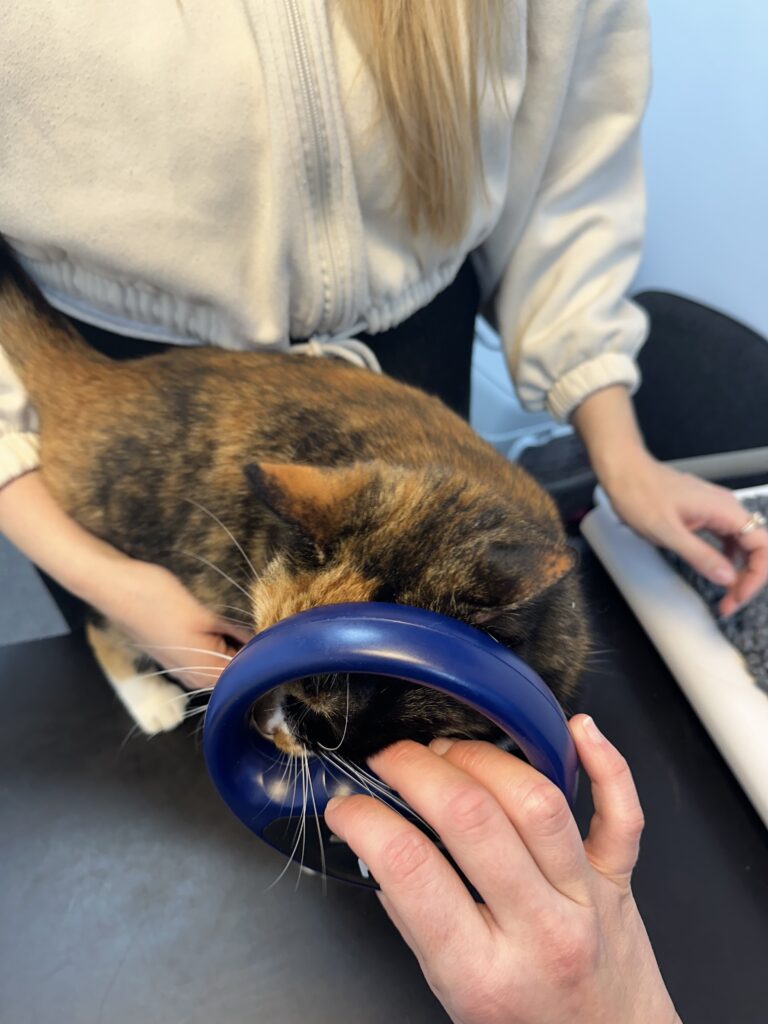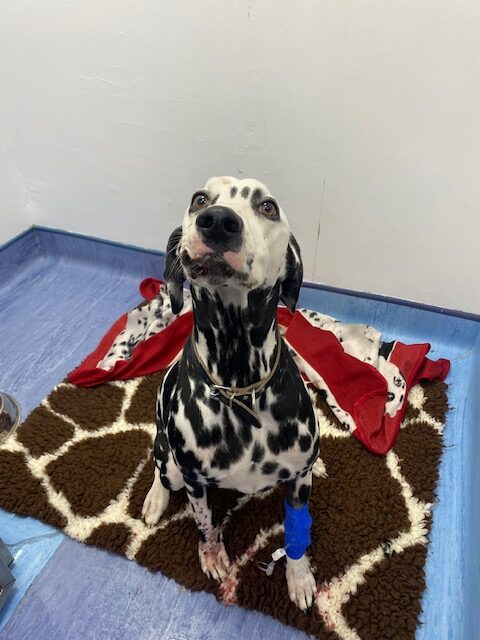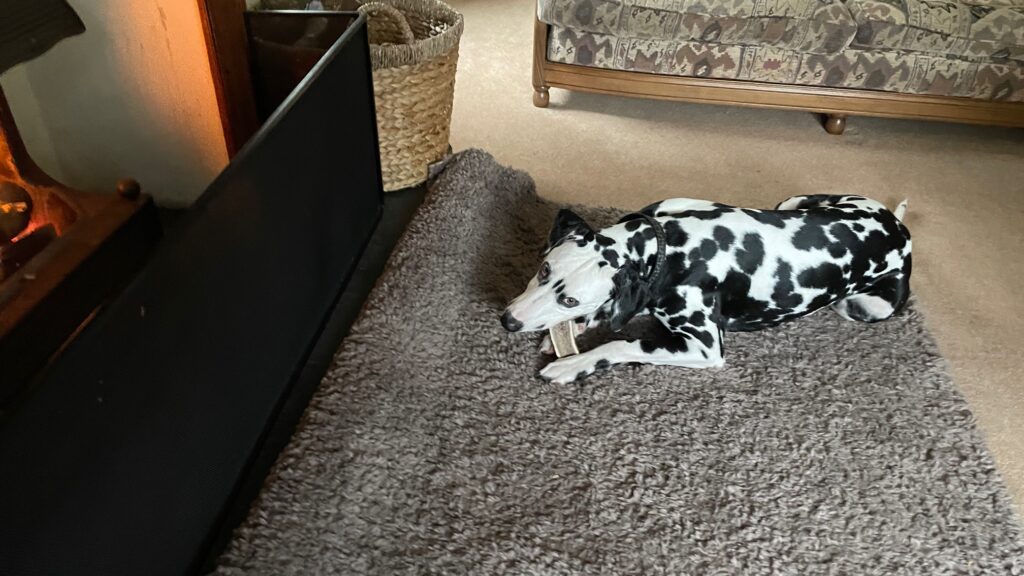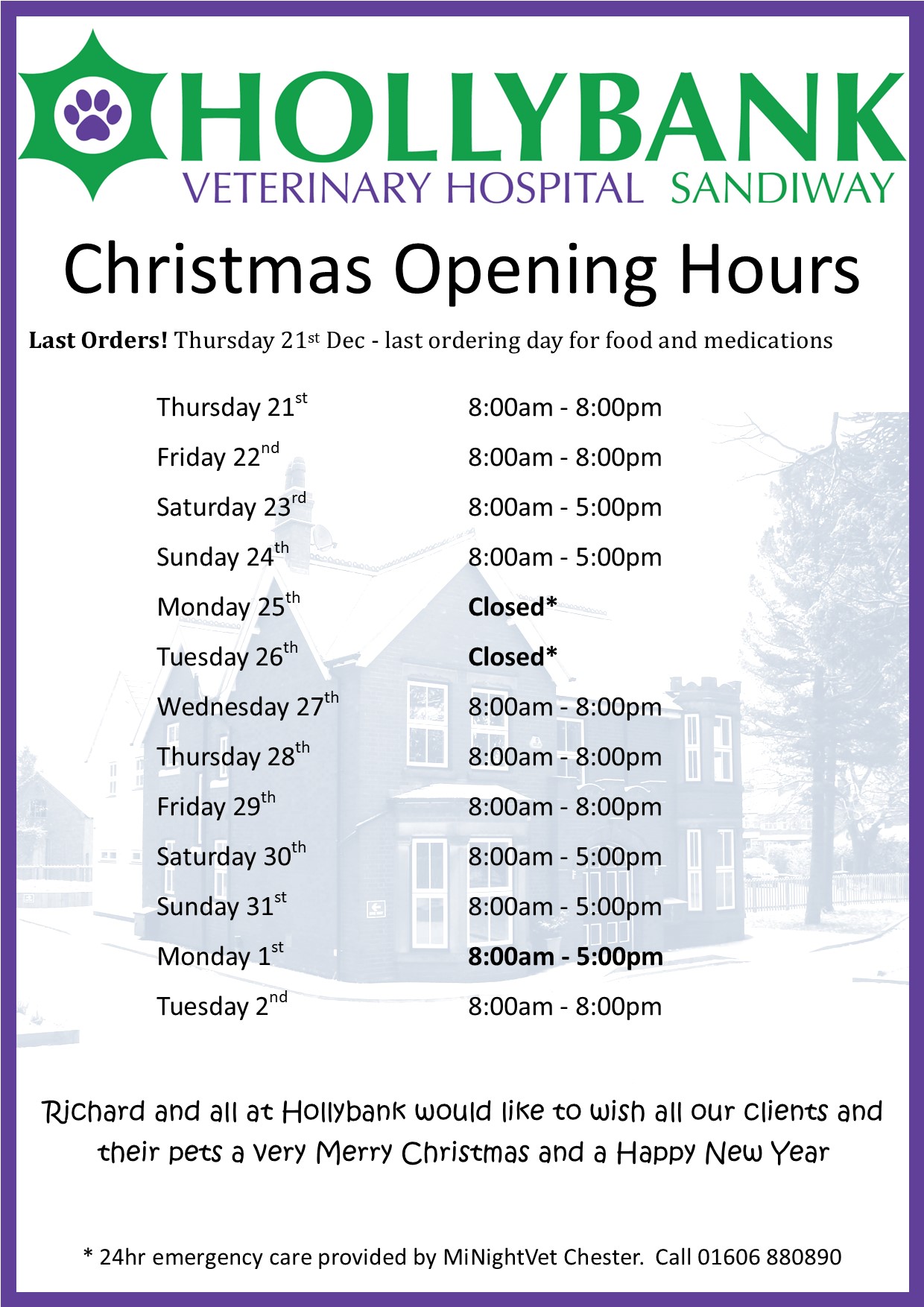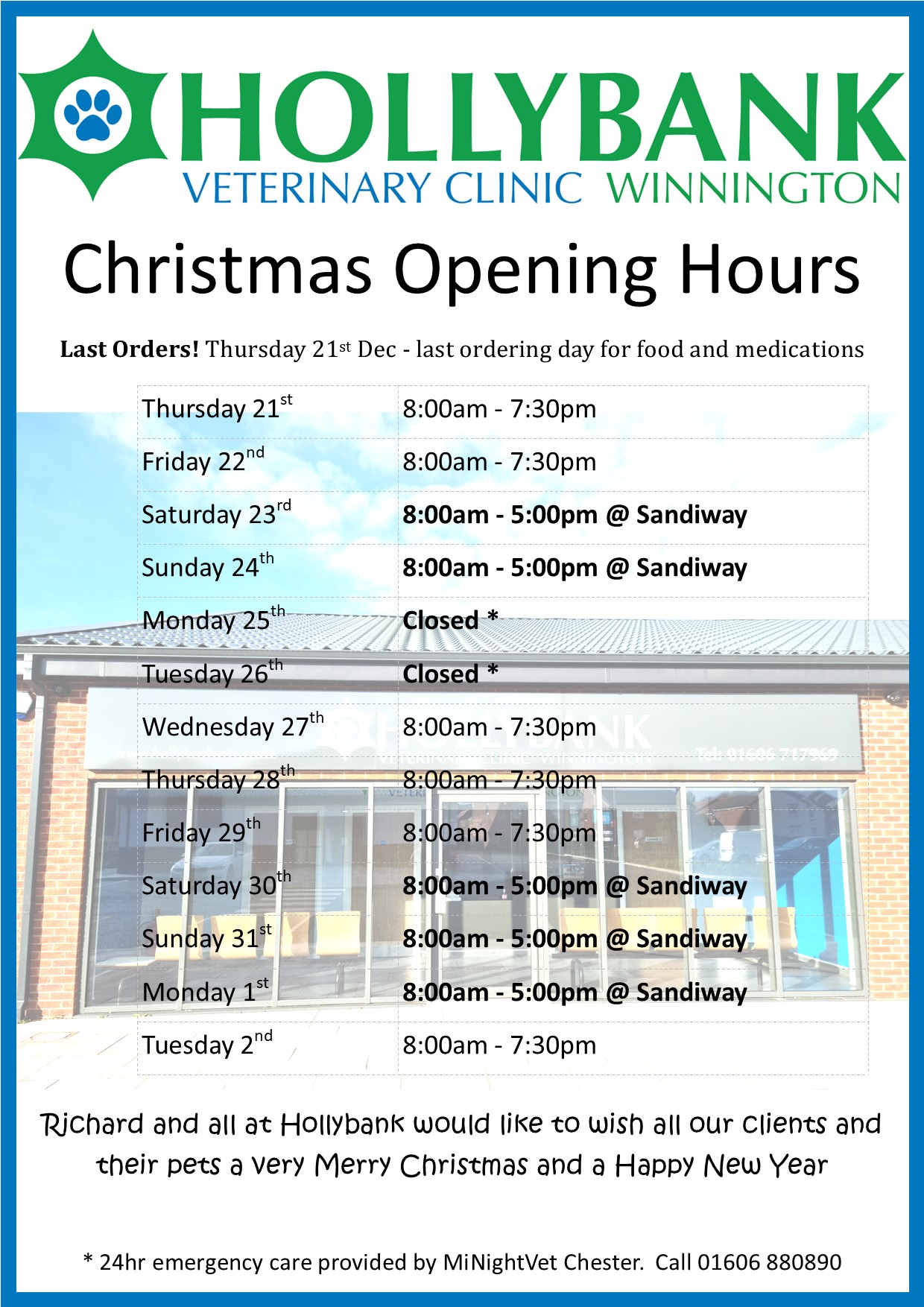Microchipping is so important, if a cat goes missing a microchip increases the likelihood that we are able to reunite them back with their owner and for those injured, more quickly help them seek veterinary care.
The UK Government has now passed a new legislation which means it will be compulsory for all owned cats and kittens to be microchipped.
A microchip is no bigger than a grain of rice and is implanted under the skin between your cat’s shoulder blades. It contains a unique serial number which is registered on a database alongside your cats information and your current contact details.
What does this new legislation mean for cat owners?
-Adult cats must be microchipped before the 10th June 2024. If you are not sure if your cat has a microchip we are happy to scan your cat in a free nurse consultation. Microchips can be implanted in most cats conscious and if needed, can be done in the same consultation.
-After the 10th June, Cats must be implanted with a microchip before reaching the age of 20 weeks old; your breeder might have already done this for you or it can be done at the time of vaccinations or neutering.
-Ownership details must be kept up to date on your pets microchip database. We are happy to help you find out your cats unique serial number and which company to contact to check your details (There are multiple pet microchip databases!).
-After this date, if a cat is found by the authorities not to be chipped, owners will have 21 days to have a microchip implanted, after which a fine may be incurred.
If you would like your cat microchipping, not sure if your cat is chipped or would like your cats chip and details checking then please contact us on 01606 880 890 or 01606 717 969.
Please note, HALF PRICE MICROCHIPPING will be available for cats at our Winnington branch between 1st March and the 10th June

